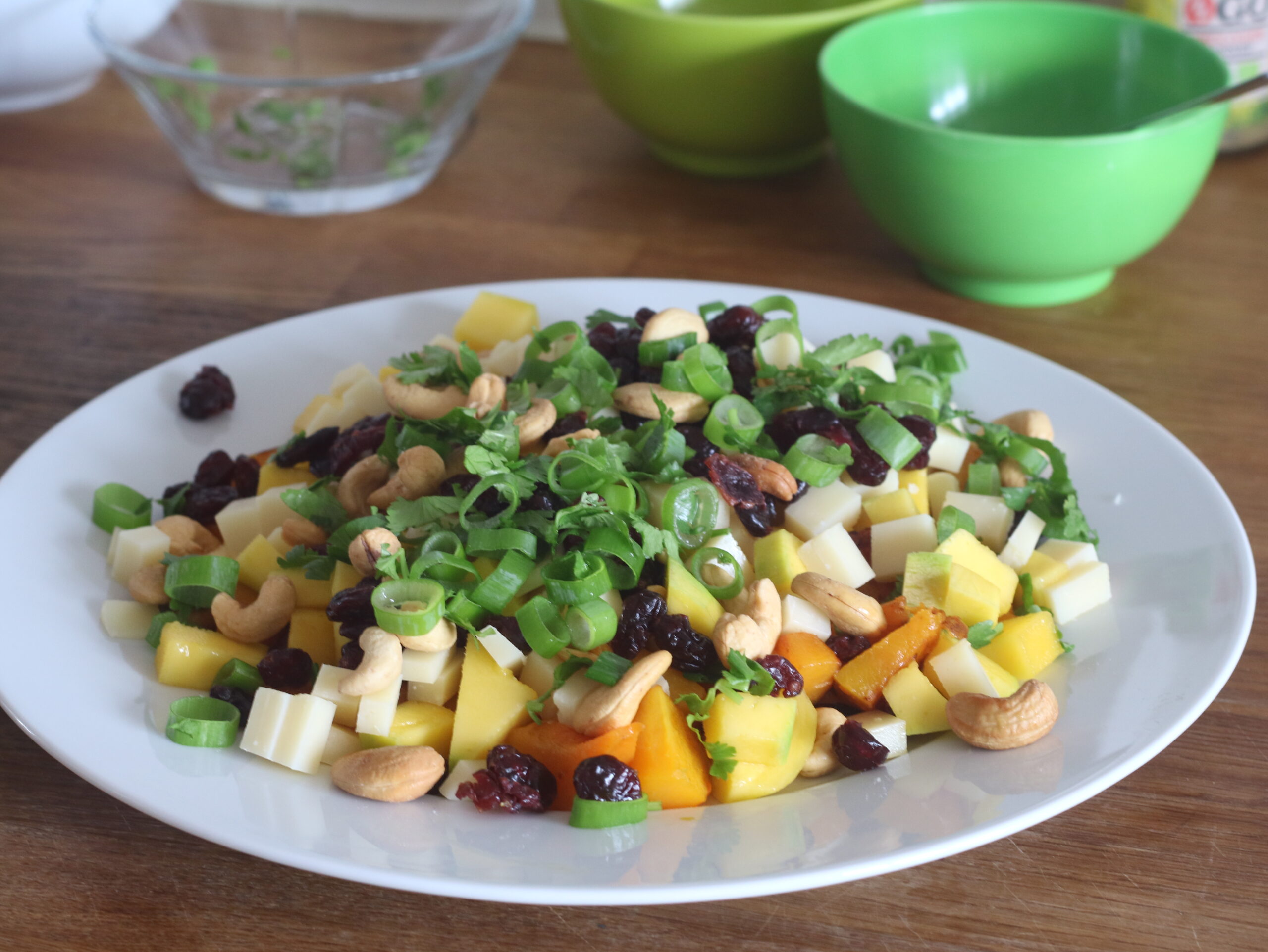A good diet for climbers should focus on providing the necessary energy, nutrients, and hydration to support intense physical activity, promote recovery, and maintain overall health. Here’s a detailed guide to a balanced diet for climbers:
1. Macronutrients:
Carbohydrates:
- Role: Provide quick and sustained energy.
- Sources: Whole grains (brown rice, quinoa, oats), fruits (bananas, berries, apples), vegetables (sweet potatoes, leafy greens), legumes (beans, lentils), and whole-grain bread/pasta.
- Recommendations: Focus on complex carbohydrates for sustained energy. Simple carbs (like fruits) can be useful for quick energy before or during climbing sessions.
Proteins:
- Role: Aid in muscle repair and growth.
- Sources: Lean meats (chicken, turkey), fish, eggs, dairy products (milk, yogurt, cheese), plant-based proteins (tofu, tempeh, legumes), nuts, and seeds.
- Recommendations: Aim for a balanced intake of protein throughout the day, especially after climbing to aid recovery.
Fats:
- Role: Provide long-term energy and support cell function.
- Sources: Healthy fats from avocados, nuts, seeds, olive oil, fatty fish (salmon, mackerel), and nut butters.
- Recommendations: Incorporate healthy fats into meals for sustained energy and overall health benefits.
2. Micronutrients:
Vitamins and Minerals:
- Role: Essential for energy production, muscle function, and recovery.
- Sources: A varied diet with plenty of fruits, vegetables, whole grains, and lean proteins typically provides sufficient vitamins and minerals.
- Iron: For oxygen transport and energy. Found in red meat, spinach, lentils, and fortified cereals.
- Calcium: For bone health. Found in dairy products, leafy greens, and fortified plant milks.
- Magnesium: For muscle function and recovery. Found in nuts, seeds, whole grains, and leafy greens.
- Vitamin D: For bone health and immune function. Found in fortified dairy, fatty fish, and exposure to sunlight.
3. Hydration:
- Importance: Proper hydration is crucial for performance, recovery, and overall health.
- Recommendations: Drink water regularly throughout the day. During climbing sessions, aim to drink small amounts frequently. Electrolyte drinks can be useful during intense or prolonged climbing activities.
4. Pre-Climb Nutrition:
- Goal: Provide energy and prevent hunger during climbing.
- Timing: Eat a balanced meal 2-3 hours before climbing.
- Examples: Whole-grain toast with avocado and eggs, oatmeal with fruits and nuts, or a smoothie with protein powder, spinach, banana, and almond milk.
5. During Climb Nutrition:
- Goal: Maintain energy levels and hydration.
- Options: Quick-digesting carbs and hydration.
- Examples: Energy bars, dried fruit, nuts, bananas, and sports drinks or water with electrolytes.
6. Post-Climb Nutrition:
- Goal: Aid in recovery and replenish glycogen stores.
- Timing: Eat within 30-60 minutes after climbing.
- Examples: Grilled chicken with quinoa and vegetables, a protein shake with fruit, or a turkey and avocado sandwich on whole-grain bread.
7. Snacks:
- Healthy Options: Greek yogurt with berries, hummus with carrot sticks, apple slices with almond butter, or a handful of trail mix.
8. Supplementation:
- When Necessary: Consider supplements if dietary intake is insufficient or specific needs arise (e.g., vitamin D in winter, iron for those with low levels).
- Common Supplements: Protein powder, creatine, multivitamins, fish oil, and electrolytes.
Sample Daily Diet Plan for a Climber:
- Breakfast: Oatmeal with nuts, seeds, and berries; a side of Greek yogurt.
- Mid-Morning Snack: Apple slices with almond butter.
- Lunch: Quinoa salad with mixed vegetables, chickpeas, and a light vinaigrette.
- Pre-Climb Snack: Whole-grain toast with avocado and a boiled egg.
- During Climb: Water with electrolytes, a banana, and an energy bar.
- Post-Climb Meal: Grilled chicken, sweet potato, and steamed broccoli.
- Evening Snack: Cottage cheese with pineapple or a protein smoothie.
By focusing on a balanced intake of macronutrients, ensuring sufficient micronutrient consumption, staying hydrated, and timing your meals and snacks appropriately, you can optimize your diet to support your climbing performance and overall health.

Leave a Reply